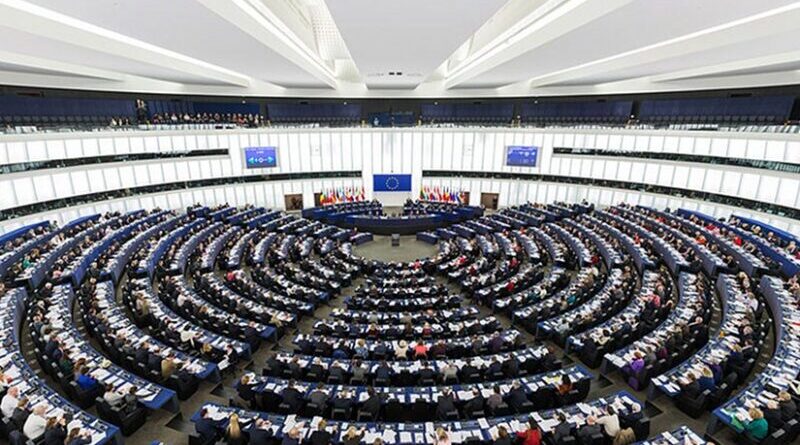The Rise Of The Far Right In Europe And The Future Of Climate Policies – OpEd
Last week, there were elections in the European Union. Citizens of the 27 member countries went to the polls to elect new representatives to the European Parliament, the main legislative body of the union.
As a result of the elections, the center-right European People’s Party (EPP) became the group that increased its number of seats the most. But the real winner of the elections was the far-right parties, and the big losers were the Greens. While the far-right European Conservatives and Reformists Group (ECR) and the Identity and Democracy Group (ID) increased their number of seats by 16, the Group of the Greens lost 19 seats.
These results will certainly have reflections on the climate and environmental policies of the union, as in other areas.
In fact, the coalition of EPP, S&D (center-left, Group of the Progressive Alliance of Socialists and Democrats) and REG (liberal, Renew Europe Group) that has shaped Europe’s climate policies for the past five years is unlikely to break up – they still hold a 56 percent parliamentary majority. Therefore, it is not expected that there will be any reversal from the climate laws enacted to date. However, the loss of ground in the Group of the Greens and the rightward shift in the parliament may cause a pause in the union’s climate policies.
On the other hand, the results in Germany, France and Italy, the most influential countries in the EU, pose an even greater threat to the continuity of these policies. In France, the National Rally (RN) of Marine Le Pen, who was able to say in the last year that “the ideology [of environmentalists] is the fight against humans“, received the highest vote with 31 percent. In Germany, the far-right Alternative for Germany (AfD), which pledged to stop the “Green Deal” in its election manifesto, became the second party with 16 percent of the votes. In Italy, right-wing-nationalist Prime Minister Giorgia Meloni’s Brothers of Italy (FdI), which has its roots in post-war fascism, further strengthened its position with 29 percent. We can expect Meloni, who described the EU’s decision to ban new gasoline and diesel cars in 2035 as “ideological madness”, to object more loudly to EU climate and environmental policies from now on.
However, the rise of the far right is not limited to these three countries. Across Europe, from the Netherlands to Austria, from Poland to Hungary, radical right-wing parties, waiting for an opportunity to trash the Green Deal or the Paris Agreement, continue to gain votes. During their election campaigns, many of these parties have declared their opposition to the Green Deal, which is designed to ensure the Union’s transition to net zero carbon emissions by 2050.
In these countries, among the reasons for the decline of the Greens on the one hand and the rise of the far right on the other, there are also objections from those who do not want to bear the costs of the Green Deal. Indeed, farmers who have taken to the streets in recent months to complain about environmental regulations have had a significant impact on the outcome of the elections. On the other hand, the Greens have been blamed for the cost of policies to reduce emissions, and support for them in Germany, for example, has almost halved compared to the previous elections.
In the coming period, it would not be a surprise if the center-right and center-left parties in Europe put the brakes on climate and environmental policy implementations and take a more populist stance in order to avoid further political costs of the Green Deal. This would pose serious challenges to sustaining the Green Deal and could lead to a slowdown in climate policies, especially in major economies such as France and Germany.
Although the Green Deal still has a parliamentary majority, the new political balance in Europe will make it difficult to agree on more ambitious climate targets. There may be no problem for the Union to meet its 2030 targets. But agreeing on the 2040 targets, which will steer the EU towards the 2050 net zero emissions target, is likely to be much more difficult than in the previous period, and the existing consensus could be thrown out of balance. In such a situation, we can expect climate and environmental policies to prioritize supporting domestic industries rather than being “green” and “clean”, and in this context, practices such as “carbon border tax” to gain momentum. On the other hand, the shift towards green technologies will be incentivized to increase the economic gains of the union rather than climate concerns.
All in all, we can say that the current picture poses risks that need to be carefully monitored for countries endeavouring to harmonise with the European Green Deal, whether they are in the EU or not. Moreover, these risks could become even more serious if Trump, who appears to be ahead in most polls, wins the presidential election in November.

